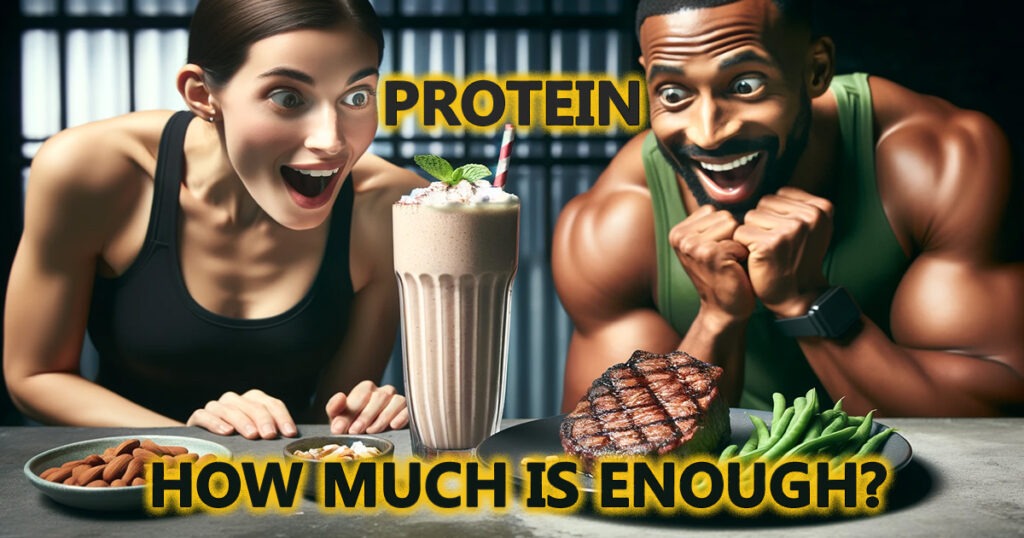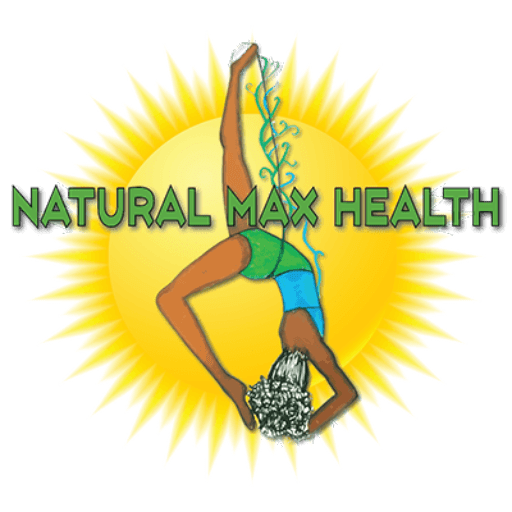Navigating Your Daily Protein Needs: How Much is Enough?

Understanding Your Daily Protein Needs
Protein, without a doubt, is another word that we have all heard a million times. If you order a salad at a restaurant, you are often asked if you would like to add any protein to it, meaning, would you want to add chicken, beef, fish, or even tofu, depending upon the restaurant, as if the chicken, beef, or fish is the actual protein. Meats are not protein; they are only a source of protein. Of course, you know that, but what are proteins, and why do we need them? Let’s explore.
The National Institute for Health’s National Library of Medicine defines proteins as large complex molecules that play many critical bodily roles. According to Christopher Gardner, a professor at Stanford University and a member of Zoe’s scientific advisory board, proteins are our structure. All of our cells, organs, hair, fingernails, and even our hormones are structural proteins. Proteins do most of the work in cells and are required not only for the structure but also for the function and regulation of the body’s tissues and organs.
Why Do We Need Proteins?
Proteins are crucial for our survival. They are composed of long chains of hundreds, or even thousands, of smaller molecule units known as amino acids. Twenty different types of amino acids can be combined to form a protein. However, the human body only requires nine essential amino acids.
The Nine Essential Amino Acids
Histidine – helps the body’s immune function, digestion, sleep, and sexual functions.
Isoleucine – works with your body’s muscle metabolism and immune function and helps with the production of hemoglobin.
Leucine – helps make protein and growth hormones, repairs muscle tissue and wounds, and regulates energy.
Lysine – helps produce hormones and energy and is vital for calcium synthesis and immune system functions.
Methionine – helps with tissue growth, metabolism, and detoxification processes. It also assists the body in the absorption of essential minerals.
Phenylalanine – required for producing the brain’s chemical messengers, including dopamine, epinephrine, and norepinephrine. It is also crucial in producing other amino acids.
Threonine – helps the skin with collagen and elastin that provide structure and connective tissue. It also helps form blood clots to prevent bleeding, metabolizes fat, and improves immune function.
Tryptophan – helps maintain the body’s nitrogen balance and assists in producing the brain chemical serotonin, which regulates mood, appetite, and sleep.
Valine – helps in muscle growth, tissue regeneration, and energy production.
Amino acids are building blocks used by the body to build and repair muscles and bones, make hormones and enzymes, and serve as energy sources. Every cell in the human body contains protein. Protein is also essential for growth and development in children, teens, and pregnant women.
The Protein Myth
Many people believe that meat is the best source of protein and that people who avoid eating meat do not get the protein they need, but this is a myth. According to Christopher Gardner, when you eat an animal or a plant protein that goes into your digestive tract, you cannot absorb those amino acids into your body until you break them down to their single amino acid levels. Once they are broken down and travel through your body, the body cannot recall if the protein came from a plant or an animal source.
Are You Getting All the Protein Needed?
Contrary to popular belief, most people get more than enough protein, paraticulary if they live in the United States of America. According to the NIH, the international Recommended Dietary Allowance (RDA) for protein is 0.8 grams per kilogram of body weight, regardless of age. According to the NIH’s calculations, a person weighing 190 lbs (86.183 kg) should consume approximately 69 grams of protein daily. The figure is calculated by converting the 190 lb weight to kilograms, 86.183 kg, then multiplying by 0.8 grams. Most people get double that amount without even trying to.
Even if you consume more than the RDA of calories daily, it is still possible to need more protein. For instance, if you only eat ramen noodles or rice daily, you will need more protein.
The bottom line is to consume a balanced diet with various foods, and you should get enough protein.
What Happens To Your Body If You Get Too Much Protein?
As mentioned, most of us are already getting double the needed protein without trying. So, where is all of the extra protein going? I’m glad you asked; let’s explore. Protein has an atom called nitrogen. Nitrogen is a colorless, odorless, tasteless gas that makes up 78% of the earth’s atmosphere and is found in all living organisms. At the end of the day, the nitrogen atom is removed from the excess protein in your body and turned into glucose and fat. You heard it right: At the end of the day, all the extra protein consumed from steaks, bars, shakes, cookies, and chips is converted into glucose and fat. I know, what a waste of money.
You are probably wondering what happens to the nitrogen once it is removed from the protein. Well, I will not keep you in suspense any longer. Your liver will turn the nitrogen into ammonia, and your kidneys will excrete it out of your body. This put an entirely new perspective on the cliché “money down the drain.” In addition, this process can also be harmful to individuals who may have an impaired kidney.
Research Suggests Older Citizens Need To Consume More Protein To Maintain Muscle Mass
One group of people that may raise some concerns about getting their daily protein requirements is older people. Due to issues with their digestive tract, dentures cause the inability to chew and loss of appetite; many of them are not getting calories and, therefore, are not getting enough protein. As a result, many of them are losing muscle mass and suffering from other health issues. It is essential to be extra cautious with the dietary needs of this group of people.
Recent research into this phenomenon conducted by the European Society for Clinical Nutrition and Metabolism (ESPEN) suggests that healthy citizens over 65 need an RDA of 1.0 – 1.2 grams of protein per kilogram of body weight; a further increase of up to 1.5 grams is necessary for those older adults suffering from chronic illness in order for them to maintain muscle mass.
Peas like black-eyed peas are a good source of protein, fiber, and minerals, especially for older people. When eating animal sources for protein, you need a source of fiber; you may also consume hormones, antibiotics, and any other harmful toxic chemicals that may have been fed to the animal.
As always, true healing begins with an understanding of how the body works. Hopefully, this article has armed you with some information you can use to transform your health. Please share this article with someone if you found it to be helpful. As always, take care of yourselves, and happy healing. See you next time.
Related Links
Boosting Your Health with Antioxidants: What You Need to Know
